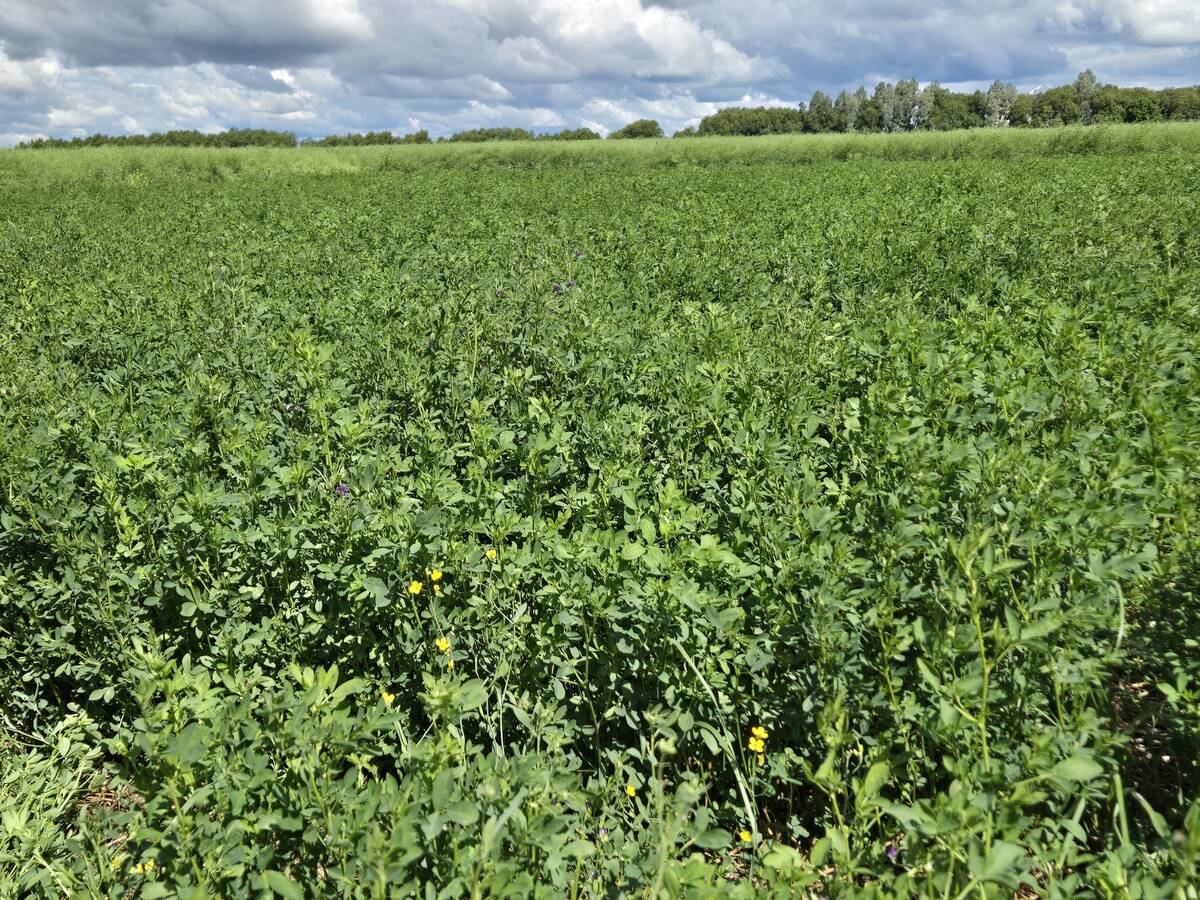UPOV 91 | Canadian government intends to expand seed companies’ ability to collect royalties
The federal government has introduced a bill committing Canada to international plant breeding standards known as UPOV 91.
The government intends to amend the Plant Breeders’ Rights Act to “align with the International Union for the Protection of New Varieties of Plants (UPOV 91), which would update Canada’s legislation from the outdated UPOV 78 framework,” Agriculture Canada said in a statement.
“Strengthening the intellectual property rights for plant breeding in Canada will encourage investment in Canadian research and development. That will give Canadian farmers more access to new and innovative seed varieties, which could enhance crop yield, improve disease and drought resistance and meet specific global trade demands.”
Read Also

Manitoba Parkland research station grapples with dry year
Drought conditions in northwestern Manitoba have forced researchers at the Parkland Crop Diversification Foundation to terminate some projects and reseed others.
Agriculture minister Gerry Ritz has hinted for months that Canada would join the international protocol, which allows seed companies to collect royalties at any stage of production, including on harvested grain.
The department said in a news release that the Plant Breeders’ Rights Act amendments would include farmer’s privilege, which allows farmers to use seeds from the crops they grow.
The Western Canadian Wheat Growers Association supports the proposed changes, noting that wheat growing exporters such as Australia, the United States, Russia and Ukraine have adopted UPOV 91.
“Adoption of the 1991 convention will encourage more plant breeding without sacrificing the right of farmers to save our own seed,” said WCWGA president Levi Wood.
“It will help ensure wheat remains a profitable crop option for prairie farmers.”
The Canadian Seed Trade Association also supports the amendments. It has lobbied the federal government to ratify UPOV 91 for years.
If the bill passes, UPOV 91 would extend PBR protections from 15 to 20 years and expand breeders’ rights to include exclusive control over cleaning, conditioning and storing PBR protected seed.
The National Farmers Union has vocally opposed the adoption of UPOV 91 regulations, arguing it restricts farmers’ ability to reuse seed.
“UPOV 91 is a form of plant breeders’ rights legislation which, at the very least, severely restricts farmers’ ability to save, reuse, exchange or sell seed,” said former NFU president Terry Boehm, who added the proposed change gives breeders rights over cleaning, treating and stocking seed.
“Farmers should be very aware that this regime will allow breeders to collect royalties on the entire crop, not just on the seed as allowed under our current plant breeders’ rights legislation.”
The changes to the Plant Breeders’ Rights Act are part of the new bill, the Agricultural Growth Act, which includes changes to the Feeds Act, the Fertilizers Act, Seeds Act, Health of Animals Act and the Plant Protection Act.
The government said some of the changes will take effect immediately if the act receives royal assent. Other changes would be phased in or require regulatory amendments.

















